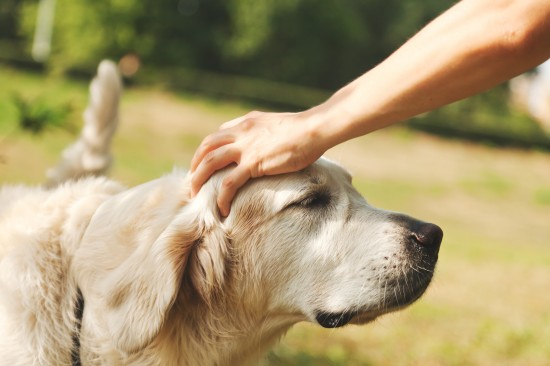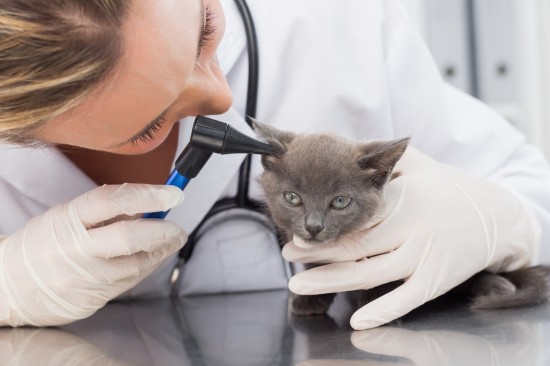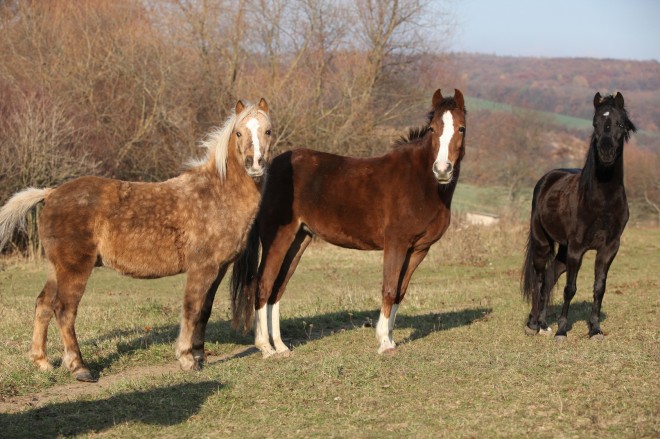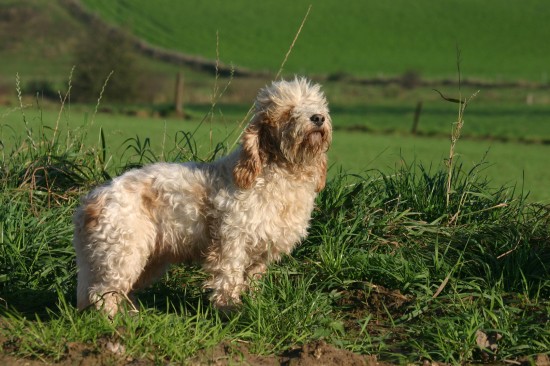
Recently, in the Florida Everglades, a 13-foot Burmese python
and an alligator got into a life and death struggle with each
other. At the end, both animals were dead. Everglades and the
entire state of Florida, estuaries, and wildlife habitats
anywhere are teeming with wild animals that had been pets in
homes but were unwanted later. Park rangers and animal trappers
are seeing more and more of wild animals that do not belong in
their state’s natural environment.
About six months ago, my husband and I spotted a small iguana on
the front lawn of a hotel in Fort Lauderdale. When we alerted
the hotel clerk, he told us there were loose iguanas all over
the place, because people from the northern states brought their
unwanted exotic pets and dumped them here since they thought the
pet would survive on its own in a subtropical climate. Nothing
could be further from the truth. Animals belong to several
different habitats, even when the weather conditions are
similar.
Wild animal babies are attractive and lovable. We all adore an
irresistibly cute and cuddly ocelot, bobcat, monkey, or a bear
while a baby, but these babies grow up in no time and, if they
are kept as pets, they become a nuisance and danger to
themselves and to their surroundings.
Another point to consider is that care of wild animals
eventually becomes very difficult, or better said, impossible.
Their appropriate care demands expertise of the species,
tailor-made facilities, and indefatigable dedication lifelong.
When the babies become older and are impossible to handle, they
are usually put away or passed from owner to owner. Worse yet,
wild animals that are declawed or changed in some way to fit
into a home are not accepted into the zoos. So, at times, they
are let loose in an environment where their survival is, at
best, iffy.
What is more, these animals are social creatures and they need
and deserve the company of their own kind. Even when their
physical health is taken care of, they grow up with behavior
problems and act unpredictably because they are out of their
natural environment.
Wild animals also may come with unknown viruses and make other
pets and people in a household ill. For example, lizards are
famous for carrying the salmonella virus as some primates are
for Herpes B. Other animals may bring rabies or still unknown
and undetected diseases, and if we can take these animals back
to their initial environment, it is probable that they will
transport diseases from domestic cats and dogs to the wild.
Nobody benefits from keeping wild animals as pets, except for
their breeders and sellers who exploit wildlife for huge
financial gains. These people take animal babies away from their
mothers at too young an age and transport them under deplorable
conditions to the markets to be sold as pets.
During the transportation, many of the babies die in outrageous
numbers; 90% of the reptiles and 95% of the birds are dead, long
before reaching their prospective owners. In addition, as the
result of the wild animal trade, natural habitats are disturbed
and quite a few species become extinct, as in the case of
several West Indies species of Macaws.
Owning a wild animal is not a status symbol. The actress or
singer with a python, boa, or an anaconda wrapped around her (or
his) body is neither being adventurous nor sexy. Moreover, she
is advertising to the entire world that her artistic talent
amounts to zero and she can be sure that people who feel like I
do will boycott her work as long as she stays in the public eye.
Sometimes wild animal merchants crossbreed wild and domestic
species. This too is an appalling practice because it makes the
animals inapt to survive both in the wild and in a household
with other pets and young children.
Also, the rainforests of Central and South America are
diminishing in size daily. In Florida, migrating birds are
running out of places to stop and rest. If the wild animal pet
owner really cared about animals, instead of imprisoning his pet
under intolerable conditions, he would work toward keeping
natural habitats, estuaries, jungles, and desert environments
intact.
Several states ban the sale and keeping of wild animals as pets.
Still, this ban is not enforced or the wild animal owners manage
to fall through the cracks. Pet shops are not inspected daily,
and if they are inspected, the inspectors may not be well versed
in wild animals to detect or separate the wild species from the
tame ones. Even if some of those animals may be orphaned or
injured and then found by a person and brought to the pet shop,
they still belong in the wild.
The sale of wild animals does not involve the pet stores only.
It has taken hold of a sizable piece of the internet. This is
scary, since internet has little control over itself.
These facts point to one important certainty: if we truly care
for animals, we have to control our behavior. If we really want
a pet that will be a positive addition to our homes, our local
animal shelter is waiting for us to adopt a kitten, a puppy, or
any tame pet, and if we find an orphaned or injured wild animal,
our state’s wildlife officials or a professional wildlife expert
are there to help the animal.
We are a nation of animal lovers. Most of us strongly feel that
animal welfare is our responsibility. I can understand the wild
pet owner’s feelings in wanting to get close to an animal, but
we have to respect the way nature works. So, please, let’s not
encourage the wild animal trade.
 Ultra-typing Or Over-typing In Cats And Dogs
Ultra-typing Or O
Ultra-typing Or Over-typing In Cats And Dogs
Ultra-typing Or O
 Can You Catch An Upset Stomach From Your Dog?
Can You Catch An
Can You Catch An Upset Stomach From Your Dog?
Can You Catch An
 Top Tips For Treating Ear Infections In Dogs And Cats
Top Tips For Trea
Top Tips For Treating Ear Infections In Dogs And Cats
Top Tips For Trea
 Understanding The Pecking Order Of Horses
Understanding The
Understanding The Pecking Order Of Horses
Understanding The
 Petit Basset Griffon Vendeen Hereditary Health And Wellness
Petit Basset Grif
Petit Basset Griffon Vendeen Hereditary Health And Wellness
Petit Basset Grif
Copyright © 2005-2016 Pet Information All Rights Reserved
Contact us: www162date@outlook.com